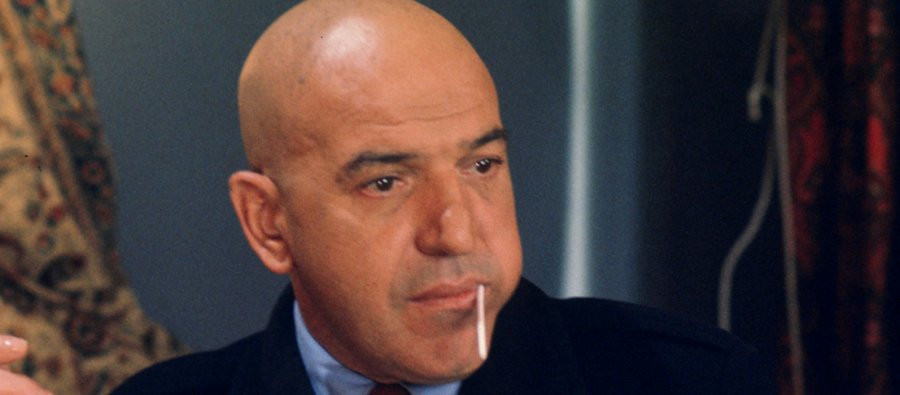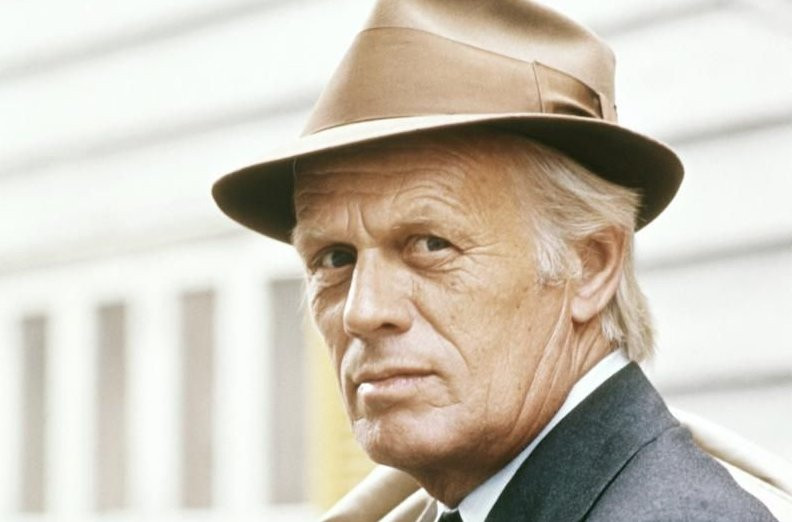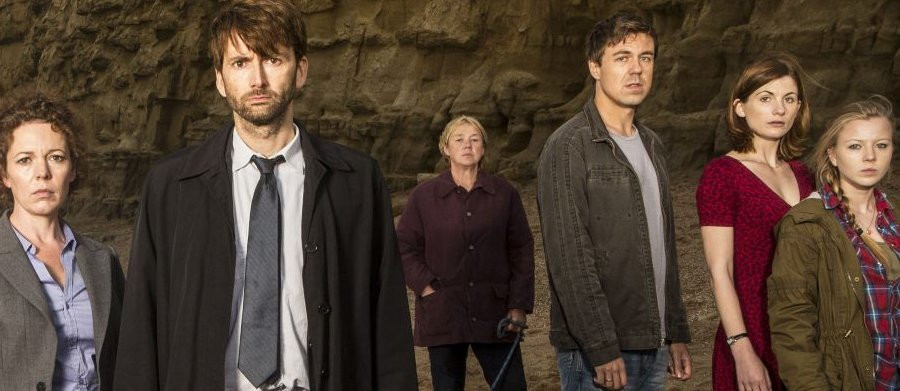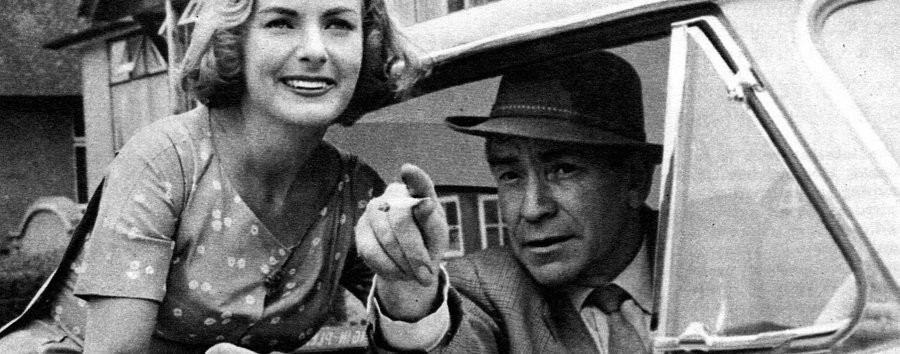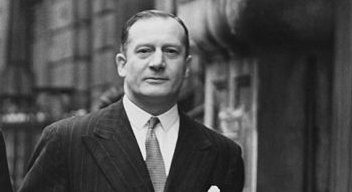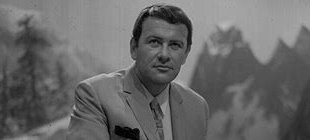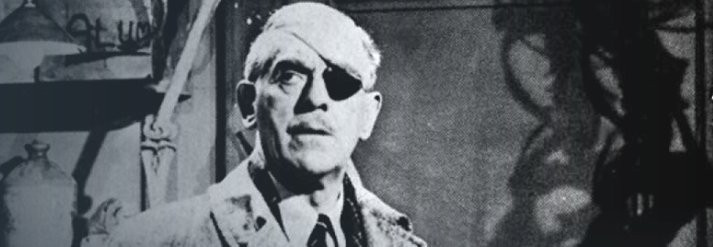
The Fall
2013 - United KingdomIn 2013, BBC Two unleashed a cat and a mouse tale that would become one of the bleakest dramas in years. Viewers could be justified in writing The Fall off as a 'seen it all before' serial killer drama. But the way it twists this much maligned genre proved irresistible, baffling and ultimately disappointing.
Stella Gibson is a detective superintendent from London who's drafted into an ongoing murder investigation in Belfast. She quickly links the murders and believes a serial killer is at large. Heard it all before? Well here's the twist; while the audience watch her connect the dots, they are also introduced to the world of the serial killer himself, Paul Spector, who in the daytime is a working family man, and at night, stalks and murders single women in their homes.
Written by Alan Cubitt, while the balance of detective and criminal has been seen before in Prime Suspect and Cracker, what made The Fall so unique was the audience's investment in the killer's life beyond the crimes. This was no Whodunit and was a very brutal exploration of humanities dark side. In his pre-Christian Grey days, Jamie Dornan was the perfect choice for Paul Spector. While Cubitt developed a multi-layered character, Dornan portrayed him with added depth and conviction, making it believable that someone could be a genuinely loving husband and father, but when alone with his own thoughts, drowns in his own depravity.
Throughout its run, the series came under scrutiny with accusations of misogyny and many criticising it as being yet another serial killer drama where women are portrayed as the victims. Such accusations could be justified, were it not for the brilliant protagonist, Stella Gibson. Gillian Anderson reinforces her unique acting quality by immersing herself into the role of a cold, flawed and yet brilliant detective and gives her an added sense of mystery that draws the audience in. She's beautiful, and knows it, confident in her sexuality, and uses it to get what she wants and is very much a wolf wrapped in sheep's clothing who puts herself at equal billing to the men.
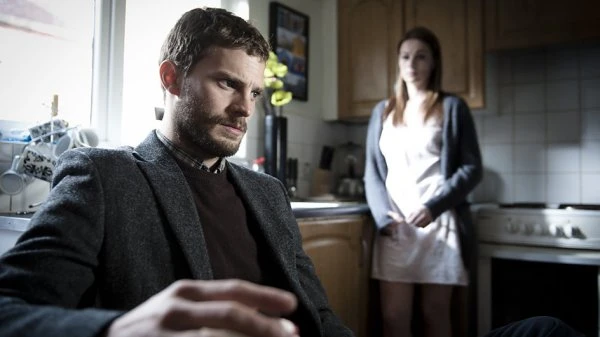
The first series of The Fall became one of BBC Two's highest rated dramas in a decade. Audiences were gripped by a series that felt grounded in reality, and was both methodical and slow moving, but never dreary. The way it depicted the two leads as being different and yet in some ways very similar, took the audience on a journey with greater depth than is usually seen in the average detective drama. Looking back at series one, it's easy to see how the future could entail. They'd catch Spector in the final episode and become the new Prime Suspect, with Gibson investigating a different case each series with the possibility of bringing Spector back and forming a Clarice Starling and Hannibal Lector type duo.
This wasn't to be however. The final episode ends with a phone call between Spector and Gibson, who states his intention to move on, while she professes that he can't and will be caught. This stretched credibility and ultimately became the series downfall (if you pardon the pun).
When Series Two arrived, something felt really off. The way Cubitt twists the cat and mouse tale so that Spector was now stalking Gibson, could have worked better had he been in jail and in pure Lecter fashion, used his satanic words to drive her emotionally insane. But instead, scenes such as Spector breaking into her hotel room and writing in her diary, while creepy and well executed, felt very silly. And it's this lack of subtlety that lost the original magic. Although Spector was caught in the last episode, it was still a massive let down; had he remained free, it would have been a betrayal to the audience. And yet, the ending they got felt anti-climactic as it should have been done in the first series, with the long wait diminishing the anticipation.
The third series once again changed its style, but this time, had a lot going for it. Centring on the aftermath of the events, such as the effect on Spector's family, his trial, investigating other potential victim's and even entering his psyche to understand what made him a monster, it had all the potential to succeed. So often serial killer dramas end with the culprit being caught, as if that's it. Cubitt should therefore be applauded for wanting to show all the damning heartbreak that such an event brings, particularly the way he portrays the effect on Spector's wife and children who are damaged by what he did.

Apart from that, the third series, is dreary. Very, very dreary. Instead of fast paced action and a sense of urgency, Cubitt writes these ideas through long, poetic monologues with barely any action and while good character studies, don't make for gripping drama. In fact, the ideas aren't fully fleshed as much as they could have been and scenes felt like a bunch of strung together Crimewatch reconstructions. Even the always reliable Anderson and Dornan couldn't save the boring material. And it was also depressingly grim. While detective dramas are too often gentle and light hearted, this was sometimes too unbearable to endure. The last episode sees Spector commit suicide and sadly after a series that plods along at a snail's pace, any shocking revelations or conclusions are met with a relieved sigh rather than an intrigued and satisfied gasp.
The Fall is one of a growing trend of modern shows, Homeland and Broadchurch being other examples, which start off with an intriguing premise, that's developed with believability in the first series and has a clear and defined endpoint. But they either end stupidly or return and rear off into ridiculous narrative territory, not knowing where to go and ultimately limping to a bland finishing line.
Time will tell what TV history will make of The Fall. While it was a detective drama that was both traditional and subversive, it jumped the shark. It's really one long story told over three series of 16 episodes. This isn't necessarily a bad thing, the first series of the original The Killing was one story told over 20 episodes. Had The Fall been a six to ten part series with all the stronger elements, it might be better regarded in the future.
It's easy to be cynical and forget the shows high points. Stella Gibson is a strong female character, equal to Jane Tennison and Sarah Lund, and along with her famous silk blouse, she's already a TV icon. And Cubitt should be commended for the way he fleshed out a serial killer who could be anyone around us, with Spector encapsulating the monster under the bed, who could also be your husband, father, work colleague or the man you pass in the street.
It's these memories that would make the prospect of a fourth series with Anderson reprising her role as Gibson a very welcome idea. However, if this occurs, let's just hope that lessons have been learned and that her next case won't commit the ultimate TV crime; outstaying its welcome.
Seen this show? How do you rate it?
Seen this show? How do you rate it?
Published on December 11th, 2018. Written by John Collins (2016) for Television Heaven.


